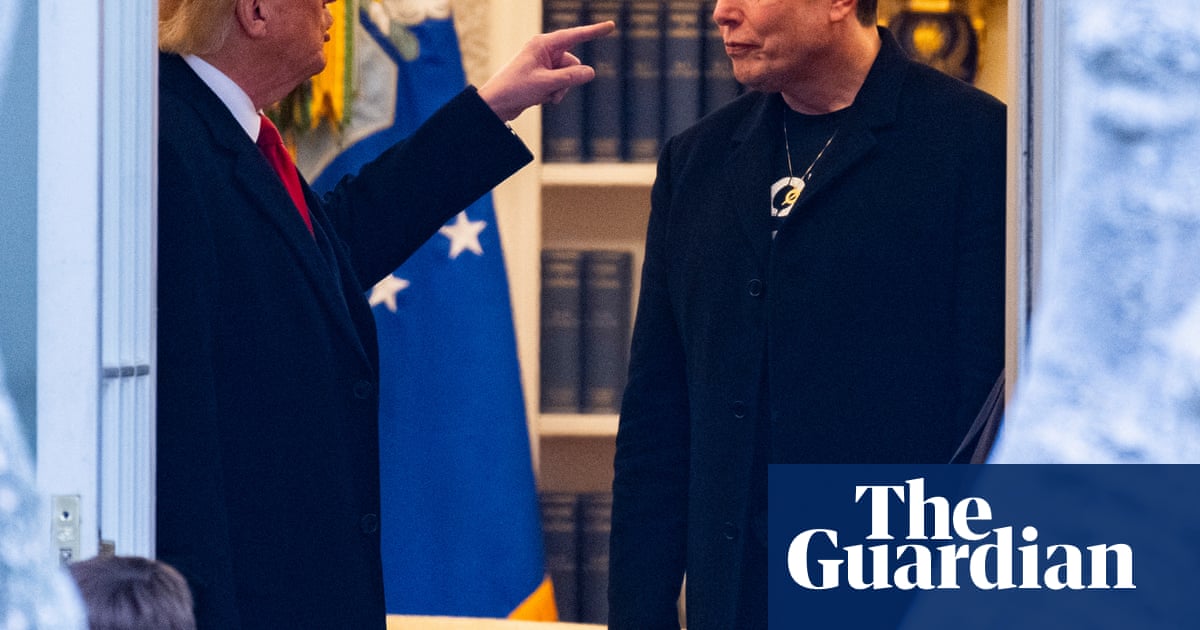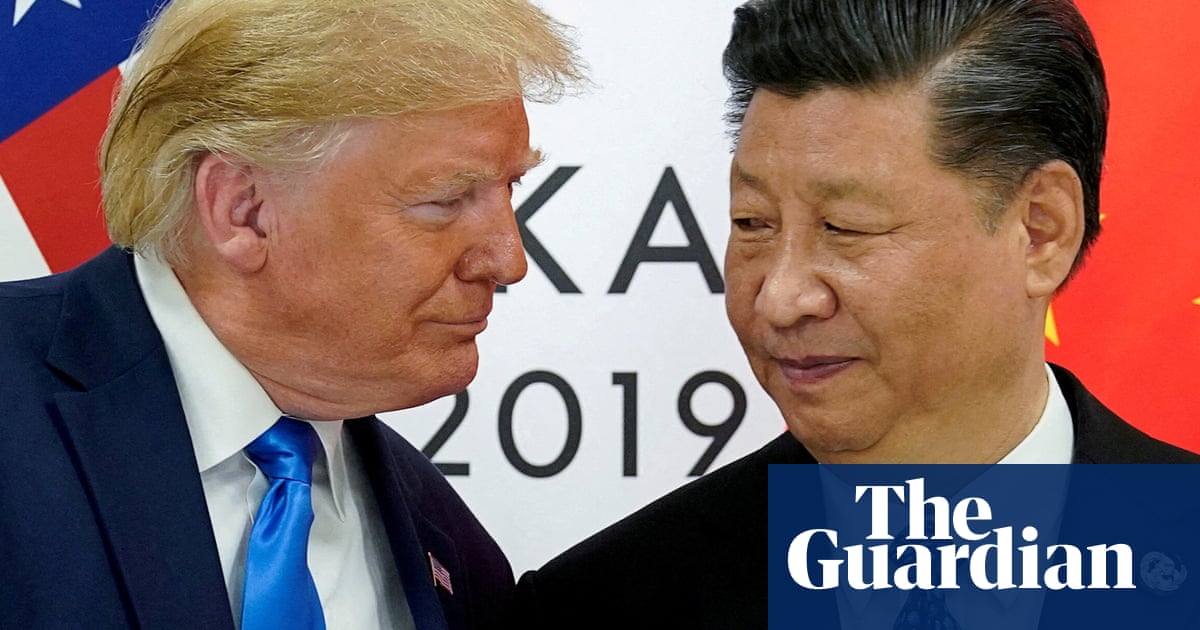In an appropriate spirit of cynicism and bleakness, German director Joachim Lang has made a film about the private life of Nazi propagandist Joseph Goebbels, the Hexenmeister or chief sorcerer of lies, and his always strained relationship with Hitler. Robert Stadlober plays the preening and self-pitying Goebbels and Fritz Karl is a careworn Hitler. Franziska Weisz plays Goebbels’s wife Magda, who at first resented his infidelities with showbusiness starlets but for the sake of the Fatherland submitted to the public image of a good Nazi wife and mother of six adorable children – whom Joseph and Magda finally murdered in the bunker before killing themselves.
In its subversive, austerely satirical way, the film feels almost like a B-side to Oliver Hirschbiegel’s Downfall from 2004, and Lang has perhaps even inhaled, just a little, the numberless internet parody memes that Downfall inspired, with English subtitles reinterpreting Hitler’s impotent rage. Lang’s film shows us the fears and misgivings that quite senior Nazis had until late in the war, and is perhaps also in the spirit of The Zone of Interest; that is, the Martin Amis novel, whose knowing, ironised dialogue and drama was mostly excised by Jonathan Glazer for his film version.
Goebbels and the Führer is a project which has apparently arisen from two of Lang’s previous films. The first, on which he is credited as a writer, was a documentary-drama about the hideous antisemitic propaganda film Jud Süss. The second, which he directed, was about the German screen actor Heinrich George, who acted in the preposterous and delusional propaganda film Kolberg, released in 1945, about German forces’ heroic defence against Napoleonic soldiers (Goebbels, incredibly, assigned legions of soldiers as extras to the latter). Both films are mentioned here, and Lang’s script sharply reminds us that Jud Süss was embarrassingly praised by the young Michelangelo Antonioni at the time.
Lang’s new drama is a movie showing Goebbels’s work as a propagandist was never done. In addition, behind the theatrical display of ecstatic loyalty, the German public, and many of the high command, were in fact just as nervous about war before Munich as the British and French. The same people were very glad to hear of appeasement, very glad to hear of the Molotov-Ribbentrop pact and aghast to hear of the Soviet invasion and the unwinnable two-front war that Hitler had embraced.
It was Goebbels’s job to soothe their fears, to create a subhuman identity for Germany’s enemies with repeated lies and provide a comforting illusion of imminent victory in which he, Hitler and everyone came to believe. The film shrewdly mixes real archive footage with dramatic dialogue scenes, in which Lang has added genuine language from historical documents. Lang also cleverly shows us what looked like a slip of the tongue in a Goebbels speech, in which he stumbled over a single crucial word, promising Germany the “… exter – exclusion … ” of Jews. The film suggests that this was a deliberate feint on Goebbels’s part, preparing Germany to accept, subconsciously, the idea that extermination must follow the milder idea of exclusion.
Perhaps there can be nothing totally new to say on film about Hitler and nazism, but Lang is interesting on the hidden disbelief and fear that existed among the leaders. Yet the film cannot quite bring itself to show us that grotesque inversion of Goebbels’s Aryan-family sentimentality: the murder of his children.

 1 day ago
7
1 day ago
7

















































